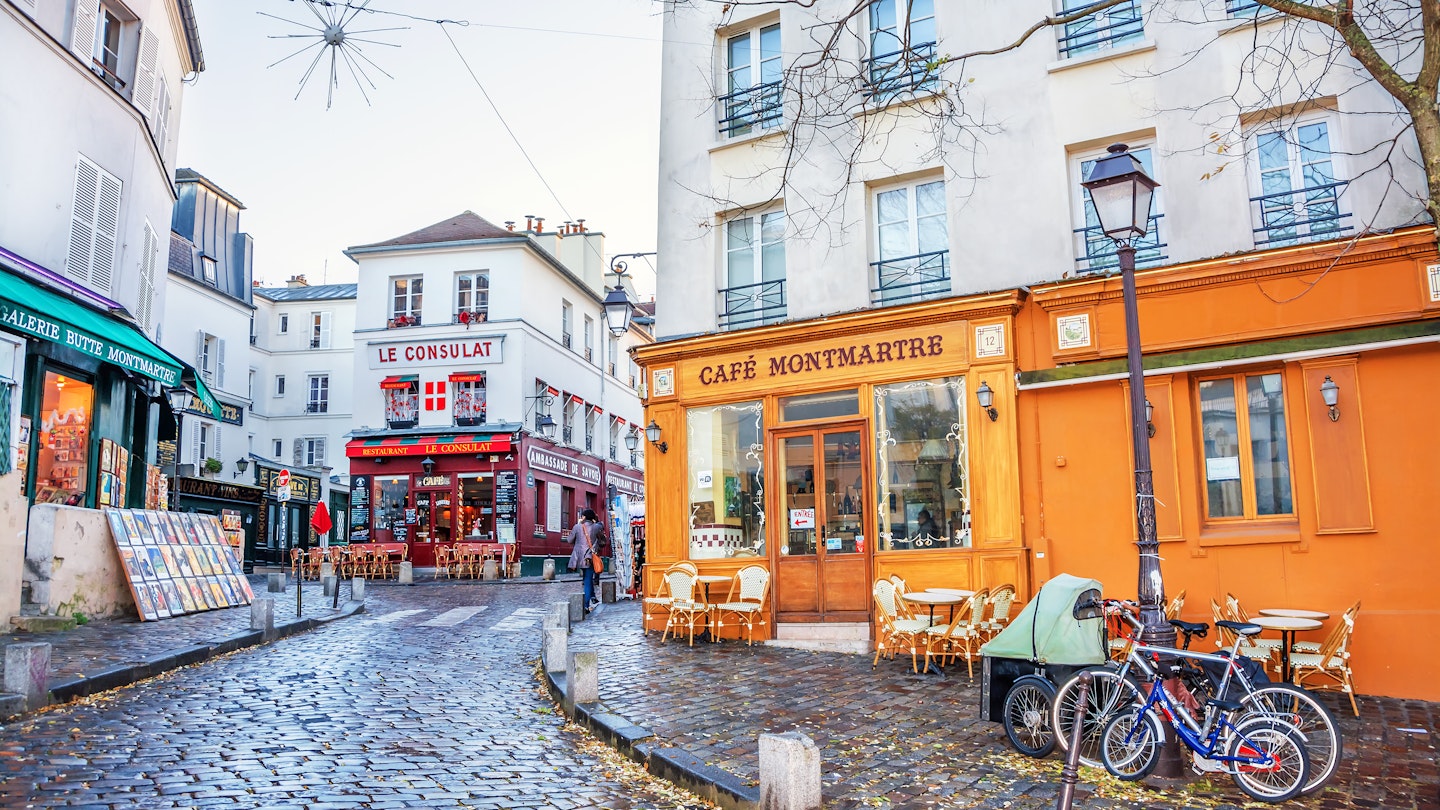European cities including Paris, Berlin, and Milan are actively working to become more bike and pedestrian-friendly in the wake of lockdown. This surge in cycling initiatives is reshaping urban environments and promoting environmental sustainability.
Paris: A Leading Example
Paris is at the forefront of this transformation, having installed 65km of cycle lanes across the city starting on 11 May, as France enters phase two of lockdown. This initiative is part of the existing Plan Velo, initiated by Mayor Anne Hidalgo before the pandemic. The city aims to be more bike-friendly by 2024, but given the ongoing need for social distancing, the plan has been fast-tracked. Efforts to enhance and widen cycle lanes are already in progress.

With a budget of €20 million ($27 million), cyclists are encouraged to shift from private cars to bikes through various incentives. For instance, they can benefit from a “bicycle repair boost” program providing €50 worth of bike repairs at registered mechanics in the city. Additionally, training programs are being introduced, and employers can reimburse up to €400 of travel costs each year for employees who cycle to work.
According to Minister Elisabeth Borne, “While 60% of trips made in France are less than 5 km, the coming weeks represent an opportunity for many French people, whether they currently cycle or not, to consider biking.”
Furthermore, Paris is enacting a ban on cars from Rue de Rivoli, one of the city’s most well-known streets, to reserve it exclusively for bikes, public transport, and emergency vehicles.

Similarly, Berlin is implementing “pop-up” bicycle lanes to facilitate social distancing in urban areas. These temporary lanes have been marked with removable red-and-white tape, which can easily be taken down once restrictions are lifted. Meanwhile, in Milan, officials are advancing the Strade Aperte (Open Streets) plan, aiming to allocate 35km (22 miles) of city streets specifically for cyclists and pedestrians.
The absence of cars during lockdowns has notably improved environmental conditions and public health. The Centre for Research on Energy and Clean Air reports that air quality improvements over the past month have resulted in 11,000 fewer deaths due to pollution in Europe. This shift in urban mobility has redefined how residents experience their cities, as many streets are now shared by walkers, runners, and cyclists enjoying safer and quieter environments.





